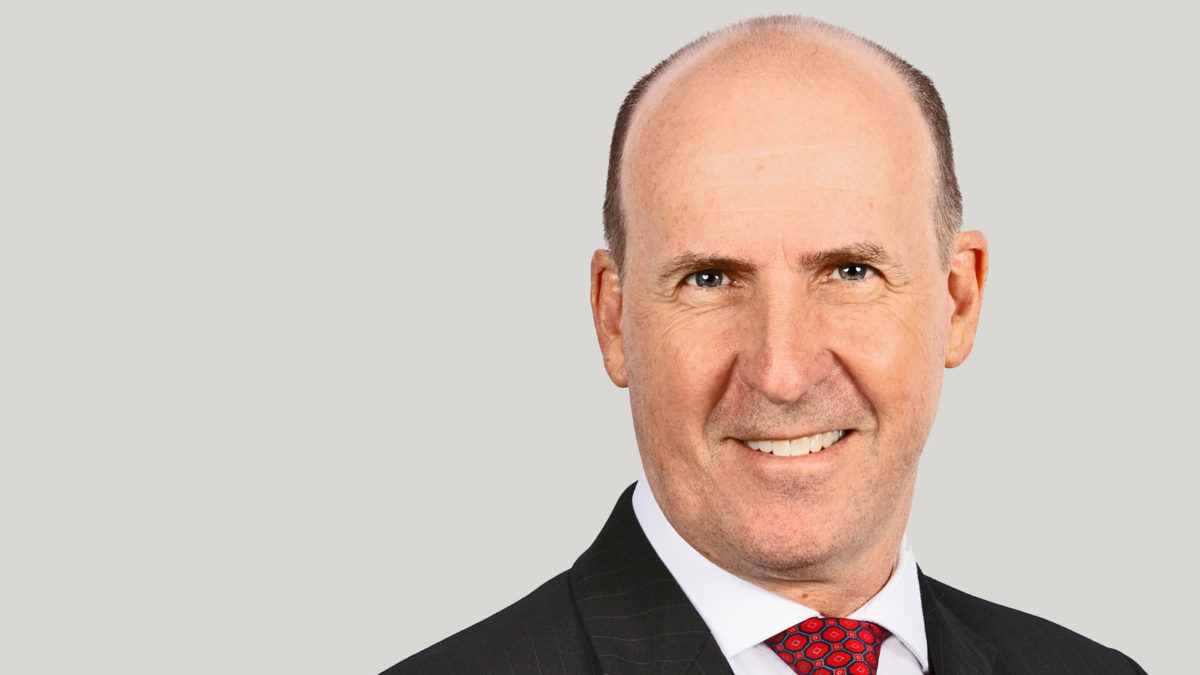Active Super and smaller fund holdouts
NSW’s Local Government Super has launched a sweeping rebrand as part of a bid to win new members. Can funds of a similar size – $13 billion – survive in a new world of mergers?
Local Government Super will be renamed ‘Active Super’ in a move that was considered “very carefully” as part of its broader strategy for revitalising the fund and creating strong member outcomes, according to Philip Stockwell, the chief executive.
“We’ve been around a long time and we’ve got a very strong and loyal member base from our heritage in local government, and we’re looking to retain those members but also attract new members. It’s part of a natural progression. We went public offer in 2009 – at that point you’re a fund for somebody’s whole-of-life,” Stockwell told ISN.
The rebrand will include a “modest” print and social media campaign, with the fund leveraging its long-standing ESG credentials to attract younger members, who place high importance on sustainable investing. Ethical fund Future Super attributes its recent inflows to similar efforts.
“We’ve been a pioneer in the ESG space. Going back 20 years, we were the first fund to go no-tobacco…it’s an area we’re particularly proud of, and it’s a whole of fund approach rather than being optional on our menu, it’s embedded in every asset class and it’s delivered good returns,” Stockwell said.
“Members increasingly want to know that their super generates not only good performance but also has an impact and is aligned to their philosophy, so it’s no doubt that a key part of the branding will be getting a bit more visible in that space.”
Helen Rowell, when APRA’s deputy chair, warned CMSF attendees (in May) that there was “an emerging industry view” that funds with less than $30 billion in FUM would be uncompetitive against their megafund brethren, but Stockwell said a merger – the new weapon of choice for rapidly building scale – wasn’t on the cards.
“The scale questions all go to member outcomes and performance. We’re at a good size to deliver a strong investment performance, which is key…And I think at our size we can be a bit more targeted and agile in our approach,” Stockwell said. Active Super’s size gave it greater capacity to invest in small cap stocks and allowed it to offer a more “personal” service to members. “We’re just focused on those things right now.
As an industry fund with a history and background in local government, we’ve got a good, solid membership base. Obviously, we want to grow our membership base, but we’re focused on serving them.”
While not commenting on individual funds, Martin Fahy, the chief executive of ASFA, also contested whether bigger was always better, saying: “You can’t reduce the question of economies of scale to the singularity of FUM”.
Fahy said: “From a regulatory point of view, a system that is massive and passive is ultimately stable… On the other hand, that stability and that scale and being largely passive in its asset allocation comes at the cost of efficiency and innovation and competition.
“Ultimately, we’re facing a choice: do we want a situation where the population ecology of super funds is characterised by diversity, where there’s innovation and competition within the market and there’s players that are niche and differentiated? Or do we want competition for the market where incumbency becomes the dominant feature? While it may be stable, it isn’t efficient and innovative.”










